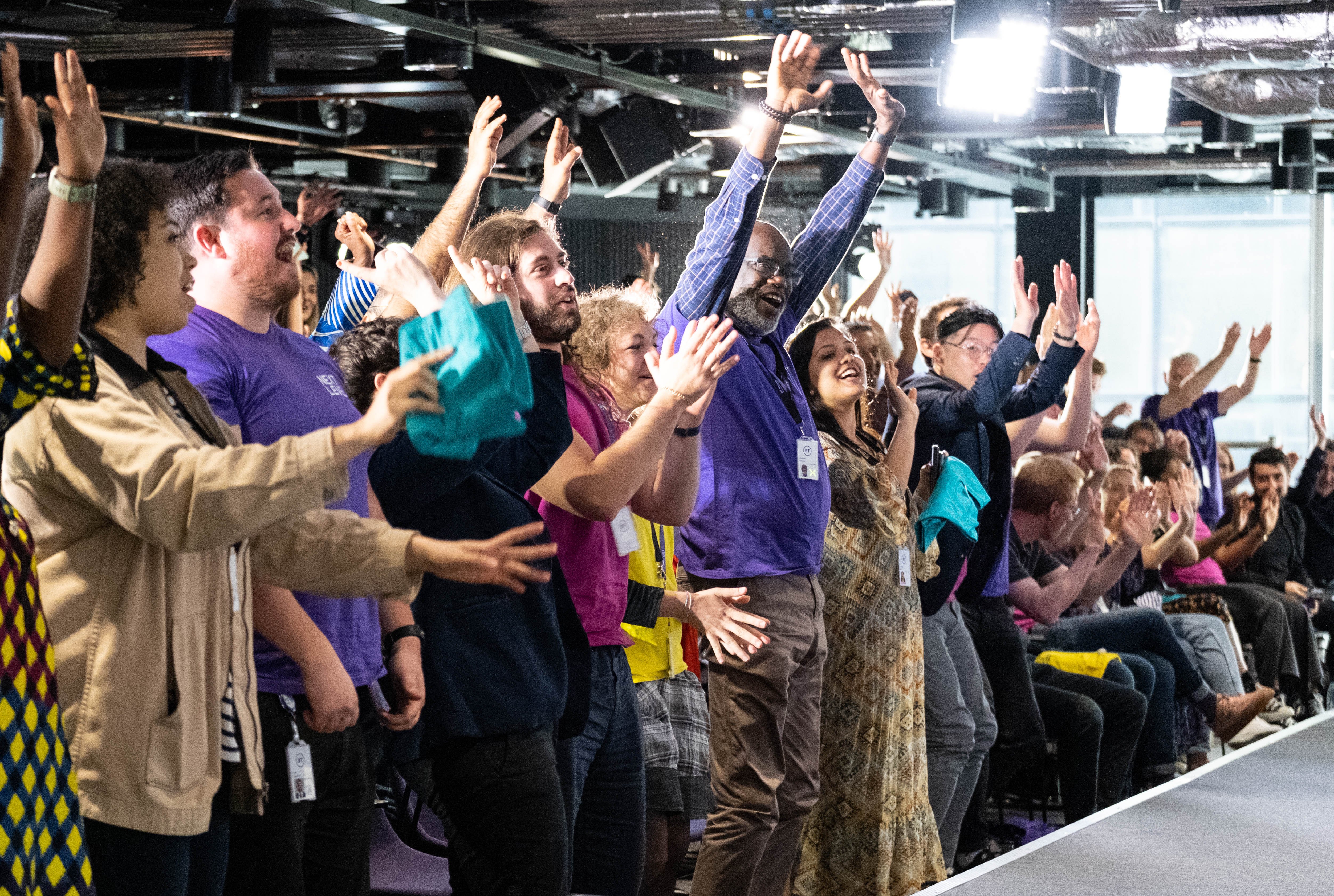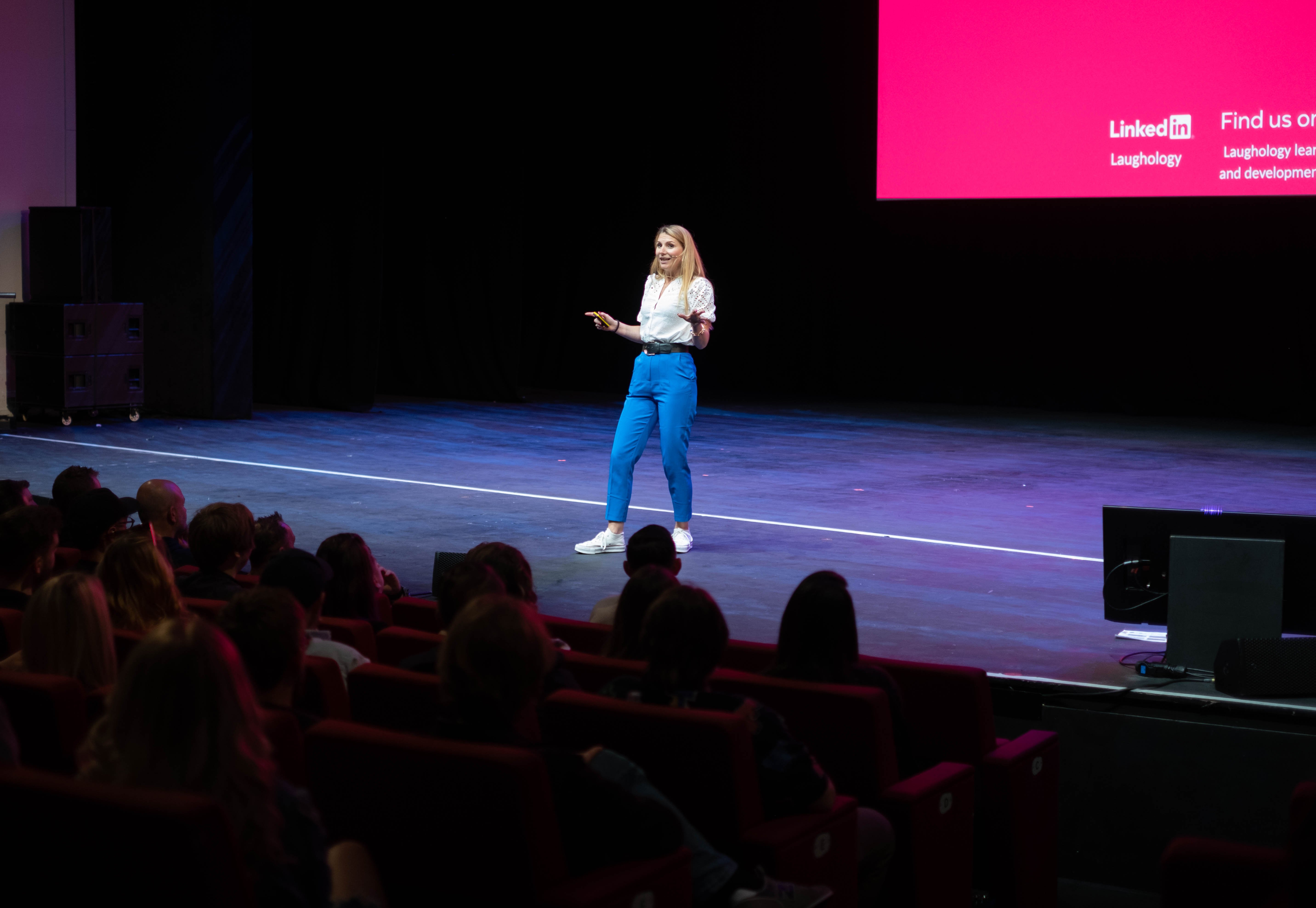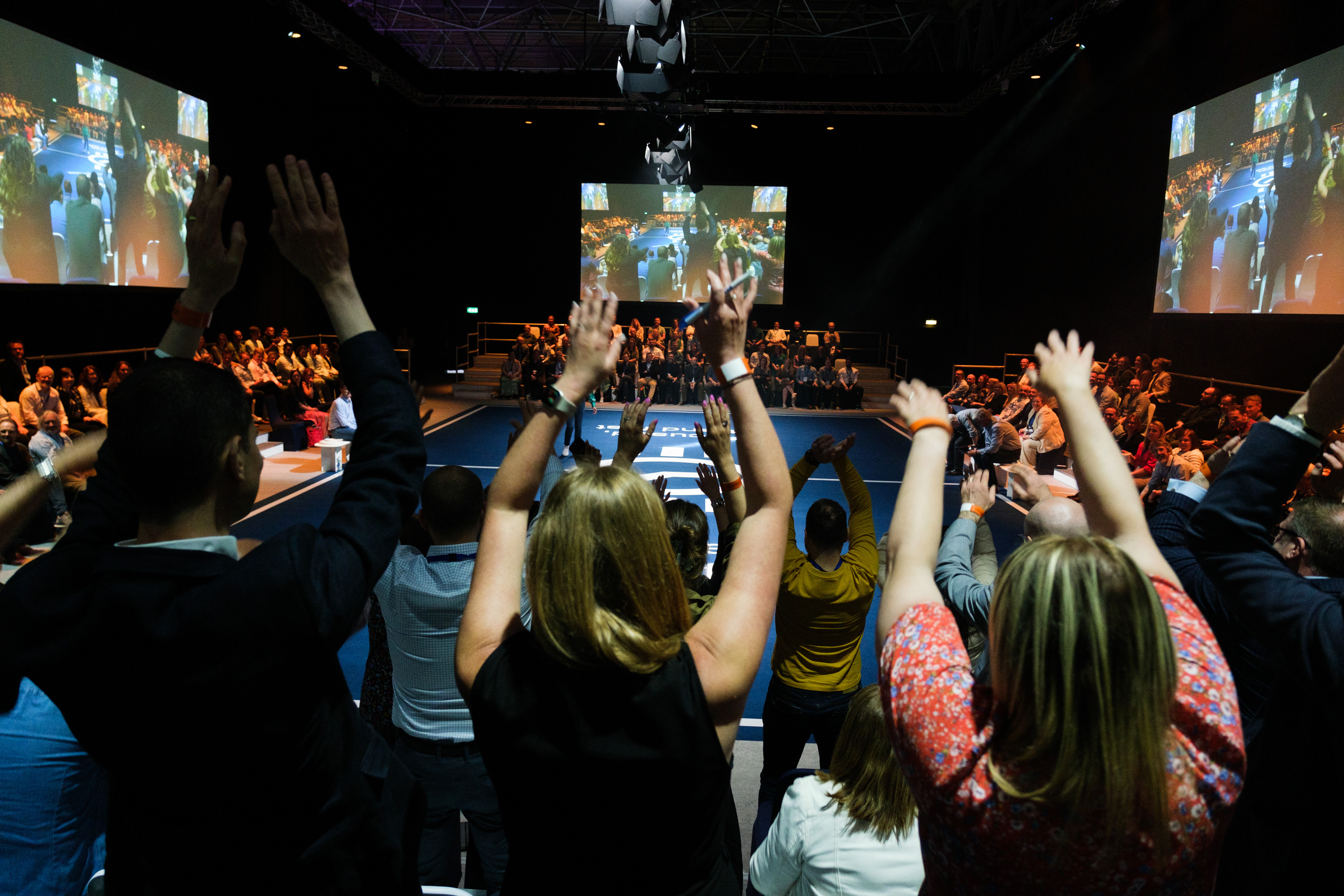Company kick-off events are just around the corner. Organising a kick-off event that engages, informs and entertains delegates is easier said than done. From making sure you get the messaging right and keeping delegates engaged, even before the event has started, to incorporating digital technology and ensuring you’re as sustainable as possible, there are several challenges event managers need to consider.
Reviewing these potential hurdles will help highlight any specific issues or areas that need improving. For example, if your delegates like to have up-to-date event details available at any time, you should consider creating an intuitive event app.
We’ve given you a few tips to help supercharge your team and ensure your year starts with a bang.
1. Ensure your messaging and content is correct
The delegates are the most important element of any kick-off event, because they decide if it’s a success or failure. Gathering as much information as you can about their likes, dislikes and motivations will help you meet their expectations of the event. In turn, this will help not only with the messaging and content in general, but the impact that it has.
A great way to organise this information is to create delegate personas. By developing semi-fictional characters who represent typical segments of your audience, and digging into their needs and motivations, you’ll be able to choose elements that would engage or inspire them to get involved. You’ll also know how best to engage with delegates in the lead-up to the event, for example which channels to use and the most opportune time to reach out to them.
2. Keeping your delegates engaged
 Engaging with your team starts even before the event has begun. Engagement can be done in a variety of ways from event apps to regular email updates and internal campaigns that add an element of buzz and excitement.
Engaging with your team starts even before the event has begun. Engagement can be done in a variety of ways from event apps to regular email updates and internal campaigns that add an element of buzz and excitement.
Ensuring your team stays focused throughout the event and continue to pay attention can be equally as difficult, especially if it’s over multiple days and includes several long sessions of talks or workshops.
You should critically consider every element of your event and evaluate its likely effect on attendee engagement. Think about the type of speaker you need – can your team relate to this person? Do you want sessions to include motivational speeches or informative demos?
Scheduling in downtime and plenty of refreshment breaks is also important to help your team refuel, stay hydrated and remain alert throughout the conference.
Want to learn more about amazing messaging, content and experiences? Click here to discover five examples of fantastic event experiences.
3. Make sure you think about sustainability
Sustainability is a topic that’s on everyone’s lips. Put simply, you have to be considering sustainability at every step of the event planning process.
Is the venue you’re using doing all they can from a sustainability point-of-view? Regarding catering, where has the food come from? Is it locally sourced? Have you considered installing recycling bins to reduce unnecessary waste? How are people getting to the event? Is public transport an option?
As sustainability not only covers the planet, it also includes the people aspect, it’s important to ensure that the event is accessible to people with disabilities, and consider the social sustainability aspect by promoting diversity and inclusion.
4. Choosing the right speaker
 When a speaker fails to grab our attention, it's easy to tune out and miss what's actually being said. This can even set the tone for the rest of the day and could shape a delegate's opinion of the whole event.
When a speaker fails to grab our attention, it's easy to tune out and miss what's actually being said. This can even set the tone for the rest of the day and could shape a delegate's opinion of the whole event.
Finding the right speaker for your conference is crucial because they will be representing your company. They might also be the first person your delegate listens to, so they need to be able to convey any key messages in a clear and engaging way.
If choosing an external speaker, it’s worth having a conversation with them to see how they speak and act in person. This is your opportunity to find out if they are willing to interact with the audience.
Alternatively, team members from within the business are another option when considering speakers. As well as increasing credibility and relatability within the organisation, having an internal speaker helps keep costs down, gives developmental opportunities, and allows unique knowledge sharing that an external speaker won’t have.
If you want to find out more about making your event as sustainable as can be, click here.
5. Planning what technology to use
For any kick-off event to run smoothly, you need a communications strategy that incorporates digital technology. Ask yourself:
-
Do we need an event app?
-
Would the team be comfortable using this app to access information?
-
Are we sending out pre-event surveys?
-
How will we notify the audience of each speaker’s slot?
-
Will our delegates engage with this technology, and does it benefit their experience?
Don’t fall into the trap of showing off every new technology out there to ‘wow’ your audience – if it doesn’t add value to the theme or event experience, save it for another time. As they say, the simpler the better. Do you want to find out more about the hottest innovations? Read our article about the new technology you should consider for your next event here.
Planning your kick-off with these tips in mind will help to avoid any pitfalls or disasters on the day. If you’re ready to hit that big green button when it comes to kick-off events, email anythingspossible@drpgroup.com and one of our team will get back to you.
/DRPG%2045th%20Anniversary/DRPG%2045th%20White%20-%20No%20Text.png)


 Back
Back

/Blog%20Images/AEO%20SEO%20-%20Digital%20Blog.jpg)



